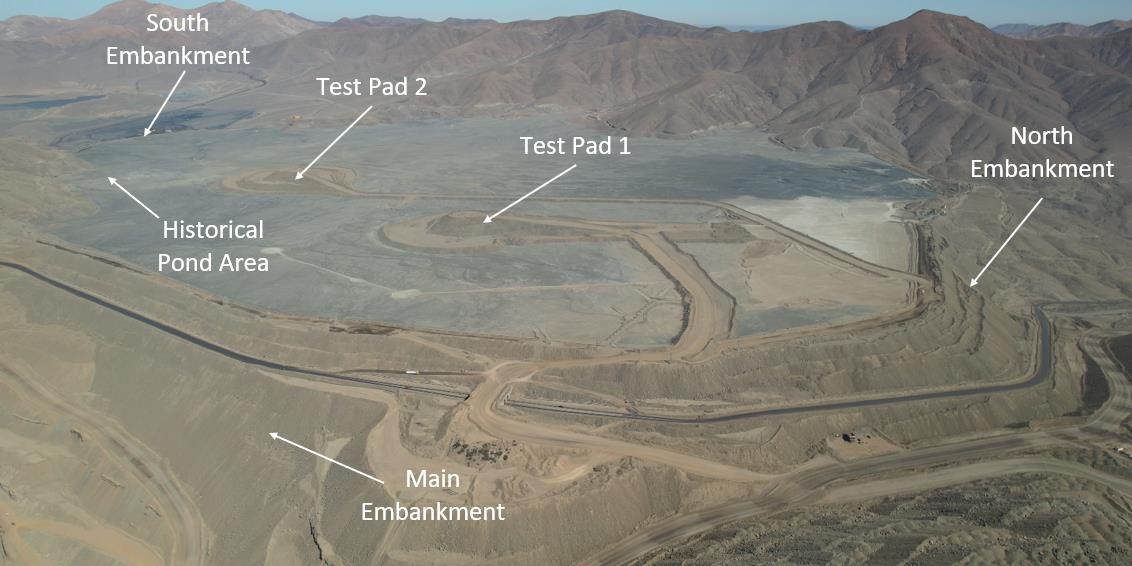Influence of Increased Confining Stress on Undrained Behavior of Tailings: A Case History at the Candelaria Mine

Abstract
Recent failures of mine tailings structures in Brazil have highlighted the importance of the undrained behavior of loose tailings. Loose, saturated tailings can experience significant and rapid strength loss if triggered to behave undrained under shear, and this process has been described as either flow or static liquefaction. A review of case histories has shown that these failures occur at small effective confining stresses, typically less than three atmospheres (300kPa). This observation is also supported by laboratory testing that shows that the Critical State Line (CSL) of these sand-like materials is curved at higher confining stress and that the curvature reduces the brittleness of soils at high confining stresses. The curvature of the CSL is a function of the grain characteristics of the soil. This paper presents an overview of this effect based on published laboratory data on a wide range of soils and outlines a framework to apply this to design. The suggested framework is then compared to data from a case history. The case history involved a thick deposit of loose tailings at the Candelaria Mine where cone penetration testing (CPT) and associated laboratory testing were carried out. Two large test pads were constructed to increase the overburden stress on the tailings, and pre- and post-construction CPT data were collected. The CPT and laboratory data were then compared to the published laboratory data to evaluate the change in undrained behavior with increasing confining stress.
Keywords
Citation
Robertson, P. K., Brouwer, K., Sully, T. E., Gagnon, A. (2023). Influence of Increased Confining Stress on Undrained Behavior of Tailings: A Case History at the Candelaria Mine, Vol. 7, Issue 3, p.34-55. doi: 10.4417/IJGCH-07-03-03
DOI: http://dx.doi.org/10.4417/IJGCH-07-03-03
Copyright © 2004-2018 Elxis s.a. All rights reserved. Powered by Argo-E LLC.



